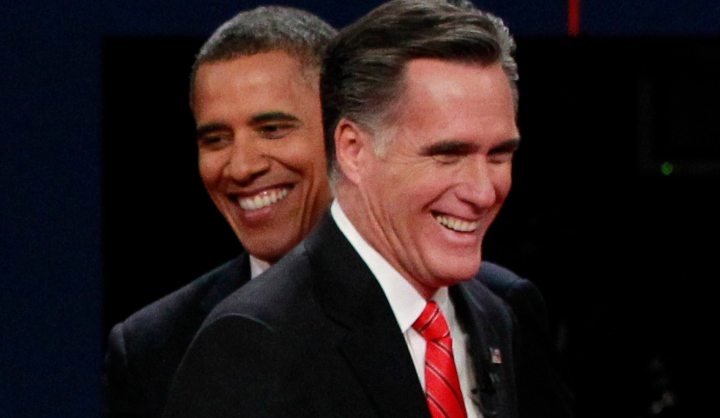Newsdeck
Gallup To Alter Polling Methods After Misfire On 2012 U.S. Election

Gallup, one of the world's most prominent polling groups, said on Tuesday it would adjust some of its survey methods after drawing criticism for inaccurately forecasting that Republican Mitt Romney would win the 2012 presidential election. By John Whitesides.
Gallup officials said a review found four factors that contributed to a final 2012 pre-election poll that badly underestimated support for President Barack Obama, who won the popular vote by almost 4 percentage points. The final Gallup poll, taken just before the Nov. 6 election, showed Romney with a 1-point lead.
Gallup’s last poll was at odds with many other public surveys that gave the Democratic incumbent a slight lead, and capped a campaign in which Gallup consistently showed more support for Romney than what other polls found.
The inaccurate results embarrassed Gallup, a research firm known for election and political polling dating to the 1930s. The company launched a review of its methods with the help of researchers from the University of Michigan.
Frank Newport, Gallup’s editor-in-chief, said the review found problems with the way the firm identified the most likely voters and the way it weighted the survey for respondents’ race and ethnicity.
The review also found the samples drawn from listed landline telephone numbers resulted in too many older Republican voters, and that too many interviews were conducted in regions where Romney was strong and too few in the Eastern and Western time zones where Obama was strong.
Gallup’s review comes at a time when polling firms are being challenged to keep up with changes in public behavior, including more cellphone use and a drop in response rates to public opinion polls.
It also follows a presidential race marked by the Obama campaign’s groundbreaking voter-targeting efforts. Newport said the Obama campaign’s focus on a small number of closely contested battleground states drove up voter turnout in those states and could force pollsters to change their approach to national surveys.
“It could suggest that in the future we treat battleground states differently,” Newport said. “We may need to look at battleground states as their own universe.”
Newport said Gallup already has changed some of its methods and that the firm would use the November elections for governor in Virginia and New Jersey to test more tweaks to its model for identifying likely voters. DM
Photo: President Barack Obama (L) and Republican presidential nominee Mitt Romney share a laugh at the end of the first presidential debate in Denver October 3, 2012. REUTERS/Jason Reed




















 Become an Insider
Become an Insider